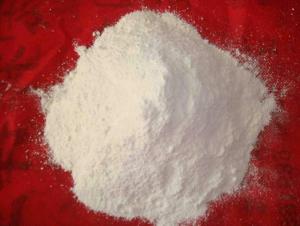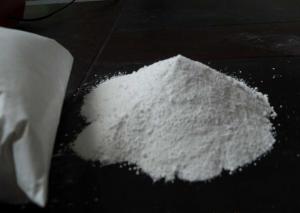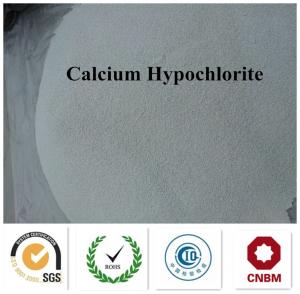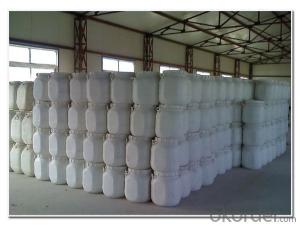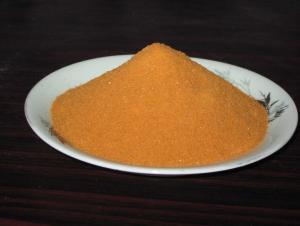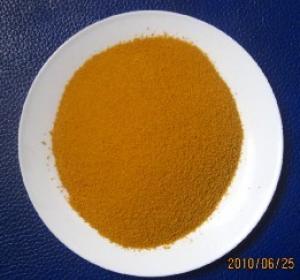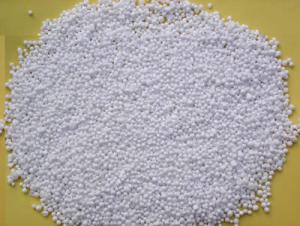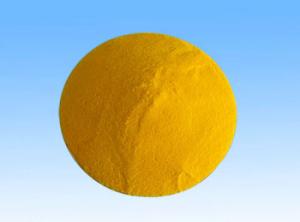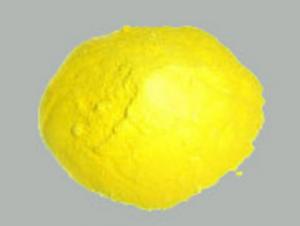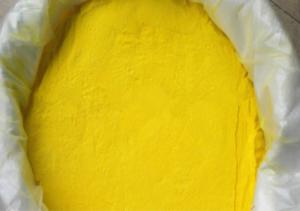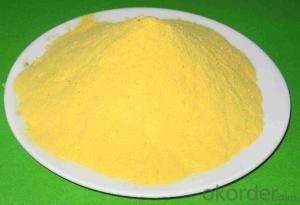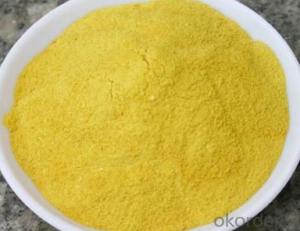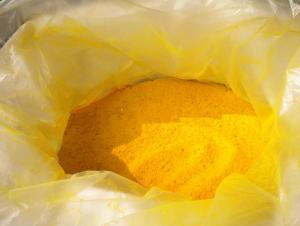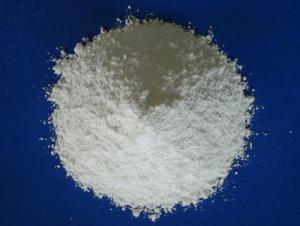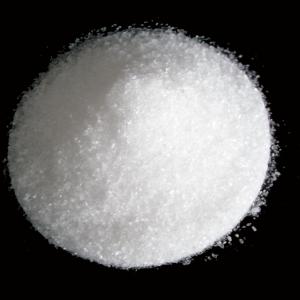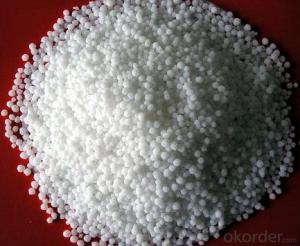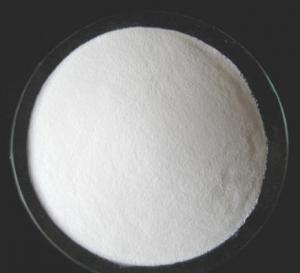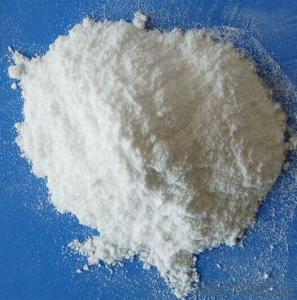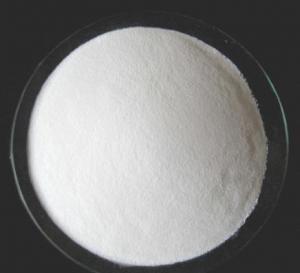Poly Aluminium Chloride PAC
- Loading Port:
- Tianjin
- Payment Terms:
- TT OR LC
- Min Order Qty:
- -
- Supply Capability:
- 6000 m.t./month
OKorder Service Pledge
OKorder Financial Service
You Might Also Like
Polyaluminium chloride PAC 30%min
1. Features of polyaluminium chloride
a. highest grade raw materials
b. light yellow powder
c. Low heavy metal
d. High AL2O3, 30% min
2. Specification of polyaluminium chloride
Industrial water grade:
Properties: sandy beige fine powder use spray drying technology.
Usages: The product is widely used for industrial water and wastewater treatment, such as those containing radioactive substances, lead (Pb + +) chromium (Cr + + +) highly toxic heavy metals and fluoride (F) sewage. In addition, also use in precision casting, paper, leather, etc.
Item | Specification guaranteed |
AL2O3 % Min | 30 |
Basicity 8% | 50-90 |
Max. water insoluble % | 0.05 |
PH value(1% content in water) | 3.5-5.0 |
Drinkable water treatment:
Properties: Lemon yellow fine powder use spray drying technology.
Usages:The product is widely used for drinking water treatment, also use in precision casting, paper, leather, etc.
Item | Specification guaranteed |
AL2O3 % Min | 30 |
Basicity % | 70-85 |
Max. water insoluble % | 0.1 |
PH value | 3.5-5.0 |
Fe, %, ≤ | 0.2 |
As, %, ≤ | 0.0002 |
Mn, %, ≤ | 0.0075 |
Cr 6+ %, ≤ | 0.0005 |
Hg %, ≤ | 0.00001 |
Pb %, ≤ | 0.001 |
Cd %, ≤ | 0.0002 |
Milk white PAC
Properties: White fine powder use spray drying technology.
Usages: Mainly used for portable water, urban sewage purification; in food processing industry, it's mainly used as sugar decolorization clarifying agent; as sizing auxiliary in paper mills; For cloth anti-creasing
Item | Specification guaranteed |
AL2O3 % Min | 30 |
Basicity % | 40-60 |
Max. water insoluble % | 0.01 |
PH value | 3.5-5.0 |
Fe, %, ≤ | 0.2 |
As, %, ≤ | 0.0002 |
Mn, %, ≤ | 0.0075 |
Cr 6+ %, ≤ | 0.0005 |
Hg %, ≤ | 0.00001 |
Pb %, ≤ | 0.001 |
Cd %, ≤ | 0.0002 |
3. Packing of polyaluminium chloride
20kg / 25kg / 900kg / 1000kg Plastic Bag
- Q: What is the inorganic salt
- Inorganic salts are inorganic compounds in the salt, formerly known as minerals, the body has been found in more than 20 species, including constant elements of calcium, phosphorus, potassium, sulfur, sodium, chlorine, magnesium, trace elements are iron, zinc, , Chrome, cobalt, iodine, etc. If you pay attention to diet diversification, eat less animal fat, eat brown rice, corn and other coarse grains, do not eat too much refined flour, the body can make the inorganic salt to maintain normal level.
- Q: What fruit contains more minerals?
- Papaya, also known as melon. Fruit before immature, if the knife in the fruit on a knife, it will flow out of white milk, it is also known as the melon. Papaya sweet taste, which in addition to rich sugar, but also contains vitamin A , B vitamins, vitamin C and iron, calcium, organic acids, cellulose and other nutrients. Among them, β-carotene and vitamin C content is particularly high, which is 20 times the apple, they are natural antioxidants, can Effectively prevent the cold and prevent the synthesis of carcinogenic nitrosamines, but note that the cooked papaya, β-carotene, B vitamins and vitamin C is almost completely destroyed, and no health care.
- Q: Octopus why the lack of boron-containing inorganic salts can cause rape to flow only without fruit
- Boron has a great influence on the reproductive process of plants, which can accelerate pollen differentiation and pollen tube elongation. In the absence of boron, pollen tube germination is affected, poor fertilization, which leads to the formation of seeds affected, the reduction of growth hormone produced by the reduction of growth hormone will affect the formation of fruit.
- Q: Why is the inorganic salt left after the burning of the food
- Food contains protein, fat, inorganic salts and water and other substances in the process of combustion in addition to inorganic salts and the rest of the water are burned, and water in the combustion process evaporates. So take the only inorganic salt.
- Q: How can experiments prove that there are inorganic salts in the leaves of plants
- The experimental leaves used to dry, crushed into powder or sintered ash, and then the analysis of mineral elements, we can learn.
- Q: Inorganic salt function
- The various inorganic salts dissolved in the cells have a certain total concentration, such as human body fluid concentration of 0.9%, frogs of 0.65%, which for maintaining cell osmotic pressure, so that cells maintain a certain shape has an important role, too high or Too low will lead to cell due to water or dehydration to change the cell morphology. There are also a number of buffering systems in the body, which are a group which has a neutralizing effect on the added acid or base so that the pH does not change significantly and therefore plays an important role in maintaining the acid-base balance of the cells.
- Q: The human body does not intake of minerals can be? Lack of minerals on the human body what kind of harm?
- Minerals, such as calcium, phosphorus, potassium, sodium, chlorine and other minerals, iron, zinc, copper, manganese, cobalt, molybdenum, selenium, iodine, chromium and other small amount of trace elements. But no matter which elements, and the human body compared to the protein, are very small.
- Q: What are organic and inorganic salts?
- Salt is a mineral from the Earth. Salts similar to iodized are extra munufactured and aren't fully typical. However salts like sea salt have the leat amount of processing. Some say that sea salt is healthier since it's he most traditional state of salt that you could get in mass production. I wolud must agree with them.
- Q: would heterotrophic organism grow well in inorganic salt media? why or why not?
- No. Heterotrophs get energy from the environment in the form of chemical bonds within organic molecules (such as glucose). An inorganic salt medium would not supply the needed organic molecules. Your heterotroph would starve.
- Q: I am 18 years old, test the body of inorganic salt content of 3KG, people say that low. What is the value of this use? How can improve it?
- The percentage of inorganic salts in human mass is 4 to 5%
Send your message to us
Poly Aluminium Chloride PAC
- Loading Port:
- Tianjin
- Payment Terms:
- TT OR LC
- Min Order Qty:
- -
- Supply Capability:
- 6000 m.t./month
OKorder Service Pledge
OKorder Financial Service
Similar products
Hot products
Hot Searches
Related keywords



